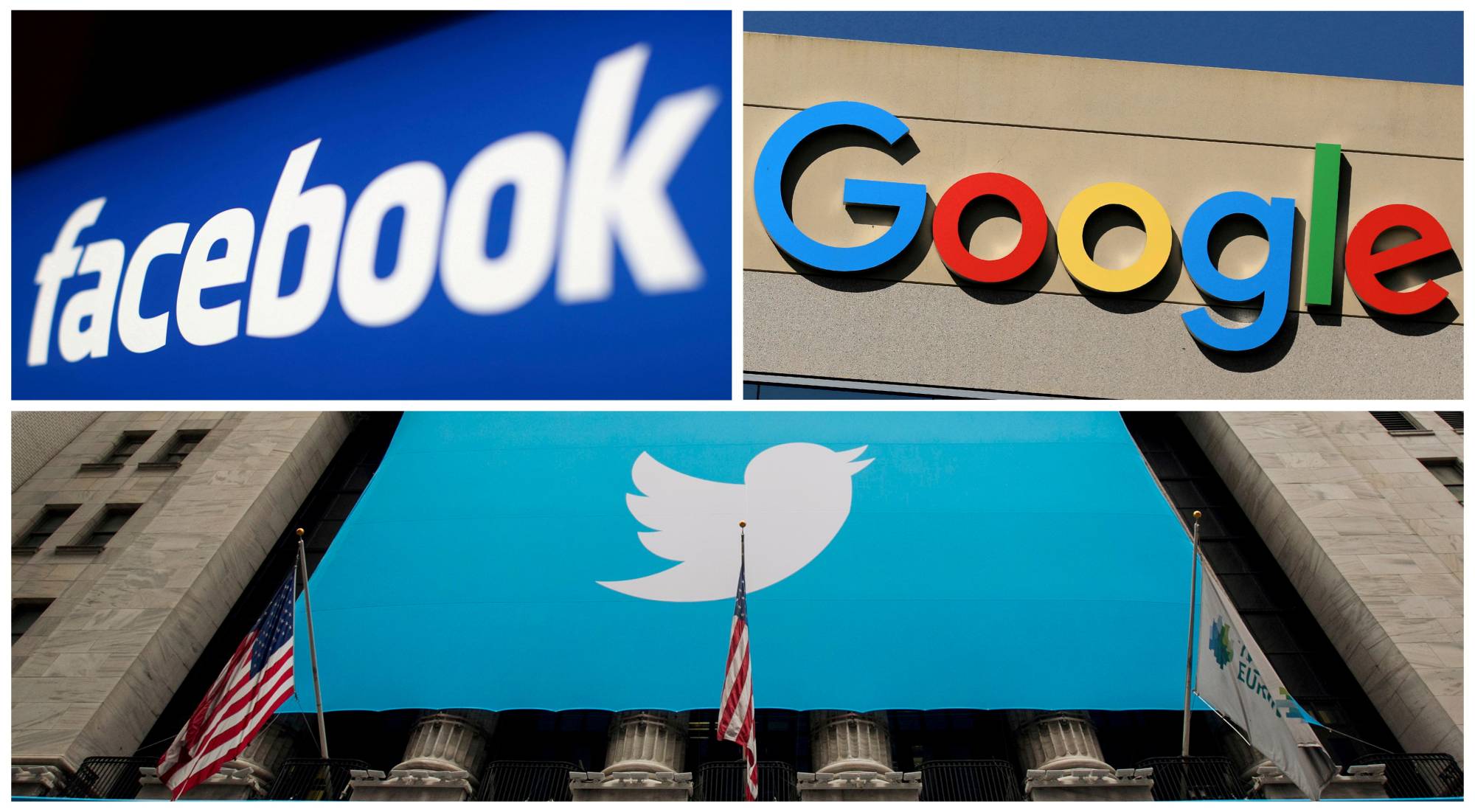Florida’s new law punishing social media platforms that ban politicians for violating their terms of service is obviously unconstitutional, violating the companies’ free speech and free association rights. But the law is a good opportunity to think about how the First Amendment applies to for-profit corporations and suggests reasons to think more deeply about the infamous 2010 Supreme Court decision, Citizens United v. FEC.
The key provision of the Florida law states that "a social media platform may not willfully deplatform a candidate for office” — and imposes a $250,000 per day fine for violations. It’s obviously aimed at the deplatforming of former U.S. President Donald Trump by Twitter, Facebook and others. (Disclosure: I advise Facebook on free expression issues and helped design the oversight board that recently upheld the Trump deplatforming; the opinions expressed in this column are, as always, altogether mine and not at all Facebook’s.)
The law almost certainly violates Section 230 of the Communications Decency Act, which gives platforms a safe harbor against lawsuits for their content moderation decisions. For that reason, a federal court might invalidate the law on statutory grounds without ever ruling on its First Amendment problems.


















With your current subscription plan you can comment on stories. However, before writing your first comment, please create a display name in the Profile section of your subscriber account page.